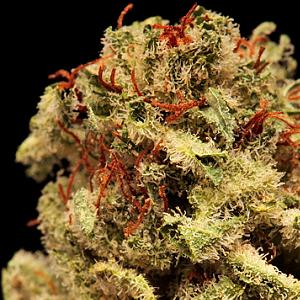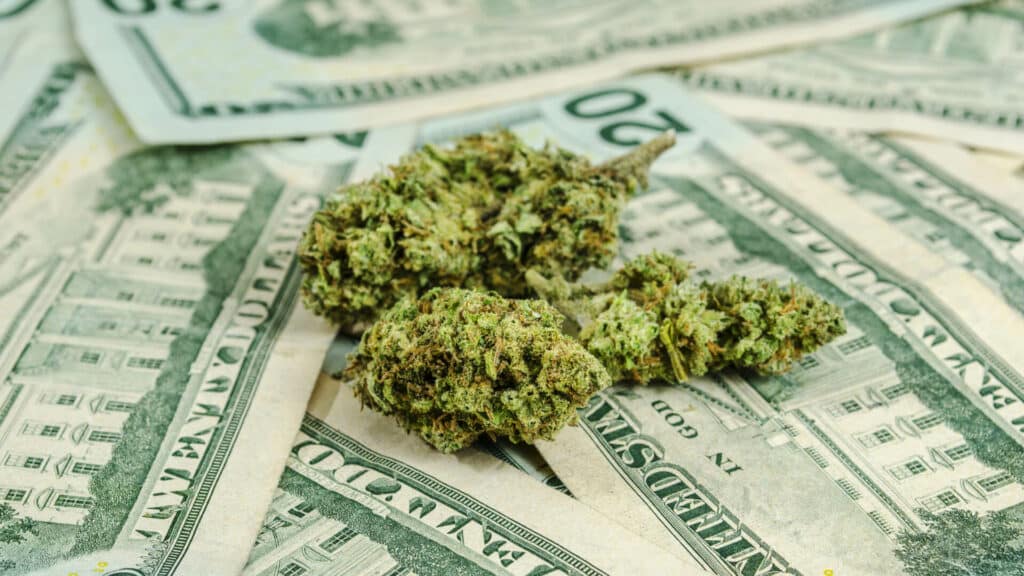Wednesday night’s vote in the Uruguayan chamber of deputies to approve a state-run marijuana commerce would make the South American nation the first to create legal pot markets, and that’s making United Nations anti-drug bureaucracies nervous. Both the International Narcotics Control Board (INCB) and the UN Office on Drugs and Crime (UNODC) issued statements Thursday fretting about the vote.
Uruguay hasn’t legalized the marijuana market yet—that will require a vote in the Uruguayan Senate this fall—but the Vienna-based UN organs aren’t waiting. Charged with enforcing the global drug prohibition regime, and its legal backbone, the 1961 Single Convention on Narcotic Drugs and successor treaties, the INCB and UNODC are raising the alarm about the apparent looming breach of the treaty.
“The INCB has noted with concern a draft law under consideration in Uruguay which, if adopted, would permit the sale of cannabis herb for non-medical use,” INCB head Dr. Raymond Yans said in a statement. “Such a law would be in complete contravention to the provisions of the international drug control treaties, in particular the 1961 Single Convention on Narcotic Drugs, to which Uruguay is a party.”
The INCB said it had always “aimed at maintaining a dialogue with the government of Uruguay” and complained that Montevideo wasn’t paying attention to it. “The Board regrets that the government of Uruguay refused to receive an INCB mission before the draft law was submitted to parliament,” Yans said.
The statement further urged Uruguayan leaders “to ensure that the country remains fully compliant with international law which limits the use of narcotic drugs, including cannabis, exclusively to medical and scientific purposes” and warned that legalization ” might have serious consequences for the health and welfare of the population and for the prevention of cannabis abuse among the youth.”
The UNODC, for its part, said in its statement that it supported the INCB statement and was continuing “to follow developments in Uruguay closely.”
But, perhaps signaling a belated recognition that the global drug prohibition regime is increasingly tattered, the UNODC acknowledged that the results of enforcing drug prohibition, including “horrorific violence” related to black market drug trafficking have “led to a debate over best to address such problems.”
UNODC said it “welcomes this discussion,” but that “this dialogue should be conducted on the basis of the agreed conventions, in line with international law. It invited nations to talk about it all at the Commission on Narcotic Drugs meeting next year.
In the meantime, Uruguay isn’t waiting, and there is little the UN anti-drug agencies can do about except shout from their bully pulpits.
Article From StoptheDrugWar.org - Creative Commons Licensing - Donate





